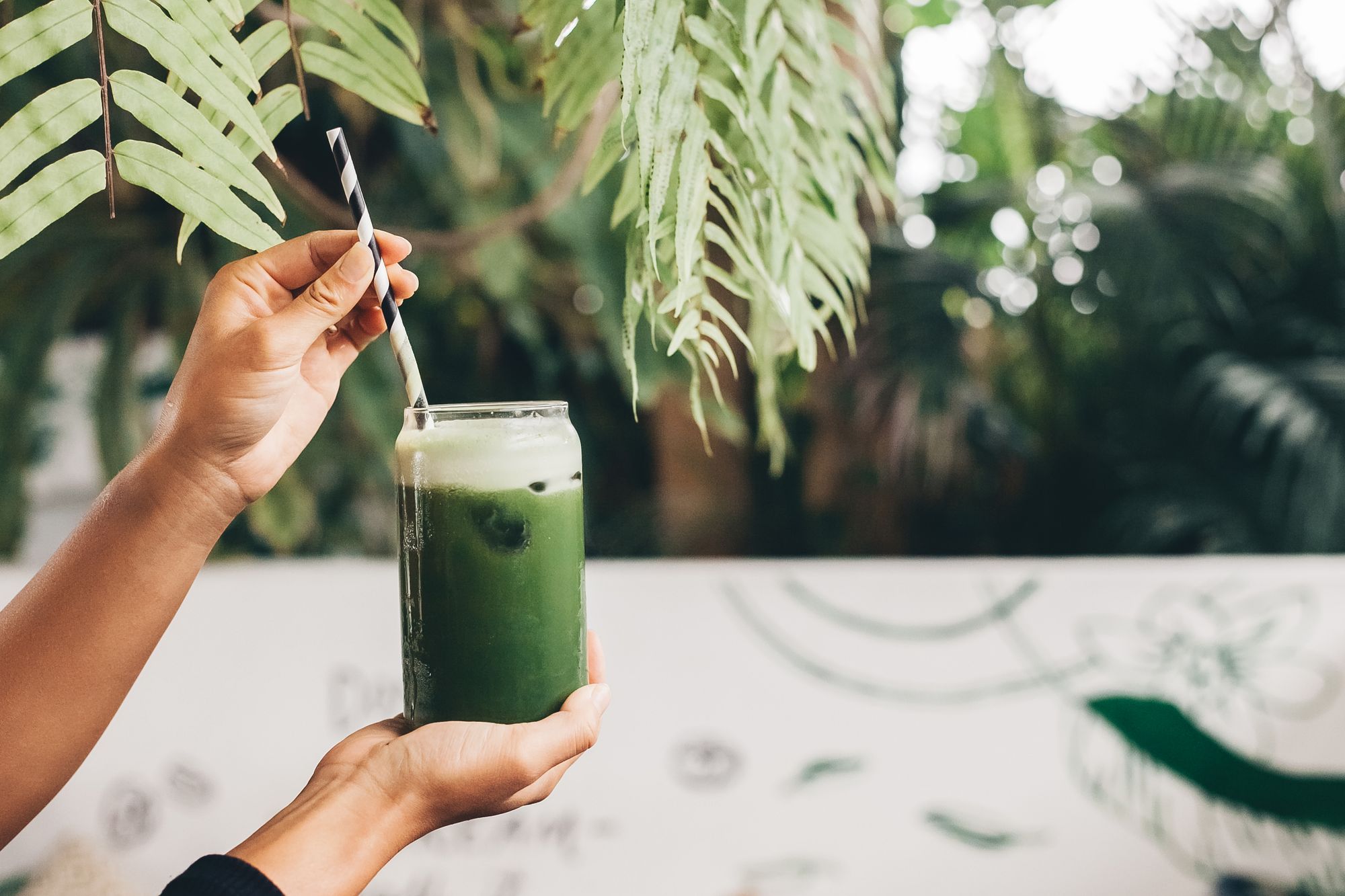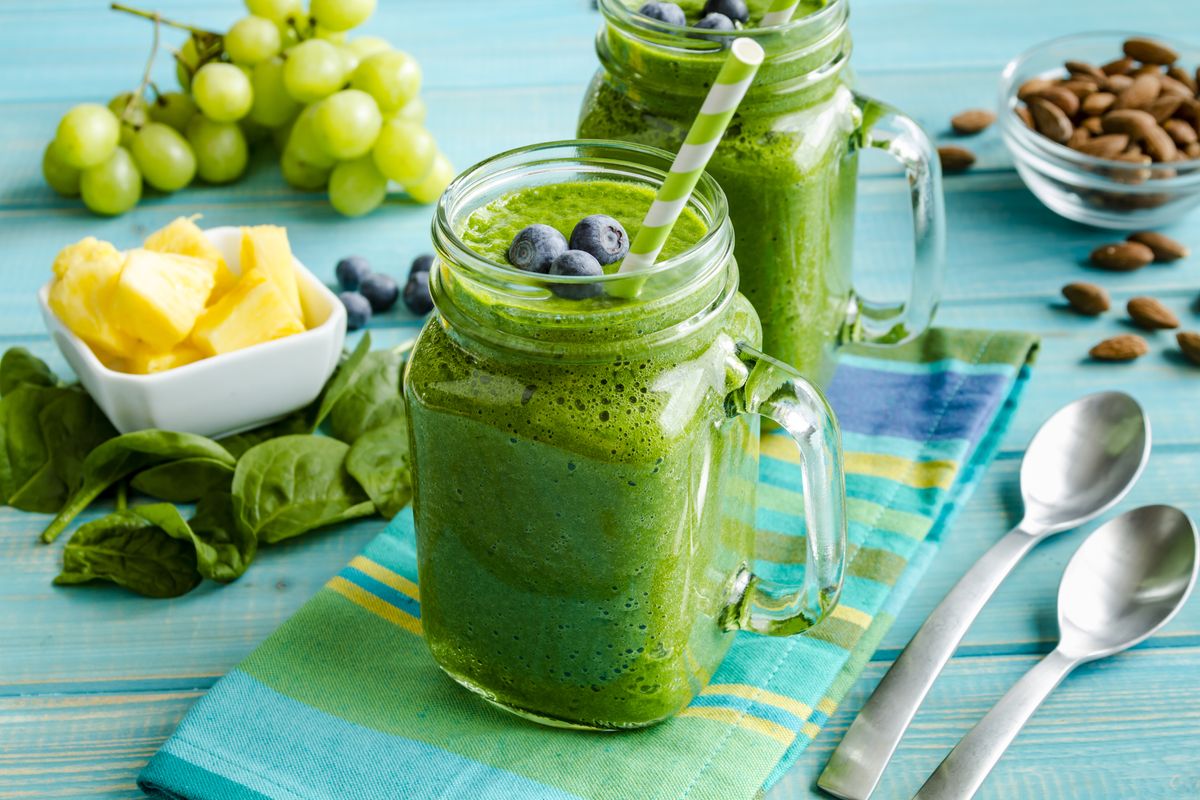Juicing has become a popular method for detoxing and jumpstarting weight loss goals, particularly in the New Year. However, relying exclusively on green juice to meet your nutritional needs may not be the healthiest approach. While there are some positive components to juicing, it is essential to understand the downsides to this approach.
Green juicing involves using a juicer to extract the liquid components from fresh fruits, vegetables, and herbs, separating them from the fibrous flesh. The result is a concentrated form of nutrients that can provide a quick and easy way to increase your intake of fruits and vegetables. In fact, research shows that concentrated fruit and vegetable products, including juices, can increase blood levels of nutrients such as folate, antioxidants, and vitamin C.
However, while many nutrients remain intact during the juicing process, others are significantly reduced, particularly fiber. Fiber is an essential nutrient that plays a critical role in regulating cholesterol, blood sugar, and digestive regularity. Unfortunately, when the liquid is separated from the pulp during juicing, the majority of fiber is left with the pulp, which is often discarded. This means that juices do not possess the same benefits as whole fruits and vegetables.

Another downside to relying solely on green juice is that it lacks essential nutrients such as protein and fat. Protein is critical for building and repairing muscle tissue, while fat plays a crucial role in hormone production and brain function. Juicing is also relatively low in calories, which means that following a juice cleanse-focused diet plan for an extended period can result in a significant calorie deficiency, leading to adverse side effects impacting your health and metabolism.
Erin Palinski-Wade, RD, CDE, and author of Belly Fat Diet for Dummies, comments that a severe calorie deficit can lead to nutrient deficiencies and muscle loss, which can slow metabolism. It is also unrealistic to maintain such a calorie-restricted diet in the long run.
While adding fresh produce juice to a well-rounded diet can be a positive way to increase your intake of vitamins, minerals, and antioxidants, it is not recommended to replace whole foods and balanced meals with juice on a regular basis. It is better to increase the number of whole fruits and vegetables you consume to get the benefits of juicing in combination with the positive attributes of fiber. If you do decide to try juicing, it is best to replace no more than one meal per day with juice and ensure that your other meals and snacks contain adequate amounts of nutrients not found in juice, such as protein, fat, and fiber.
In conclusion, incorporating fresh produce juice into your diet can have some benefits, but relying solely on juice for nutrition can lead to nutrient deficiencies, energy imbalances, and more. To achieve optimal health, it is essential to consume a variety of whole foods, including fruits, vegetables, lean proteins, healthy fats, and fiber.

